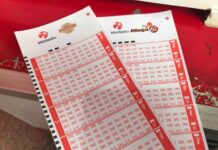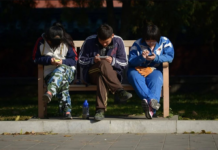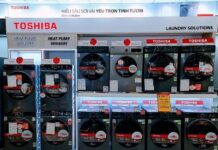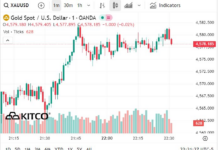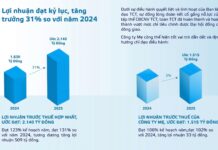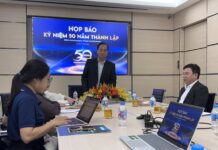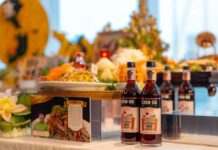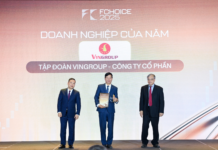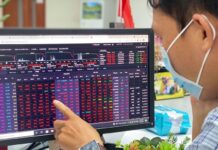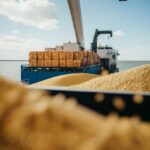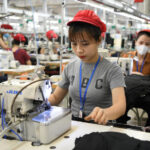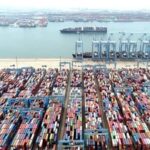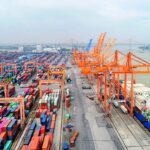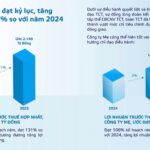Speaking at the workshop “Export Prospects to the Halal Market through the Gateway of Malaysia,” organized by the Consulate General of Malaysia in Ho Chi Minh City and the Ho Chi Minh City Trade and Investment Promotion Center (ITPC) on August 7, Ms. Shariza binti Abdul Rasheed, Halal Product Director at Maybank Malaysia, stated that the Halal market presents a unique opportunity for Vietnamese businesses.
She justified this by pointing out that the demand for Halal products far outweighs the current supply, which meets only about 20% of the demand. Ms. Rasheed referenced the projected size of the global Halal market, expected to reach a staggering $5 trillion by 2030.
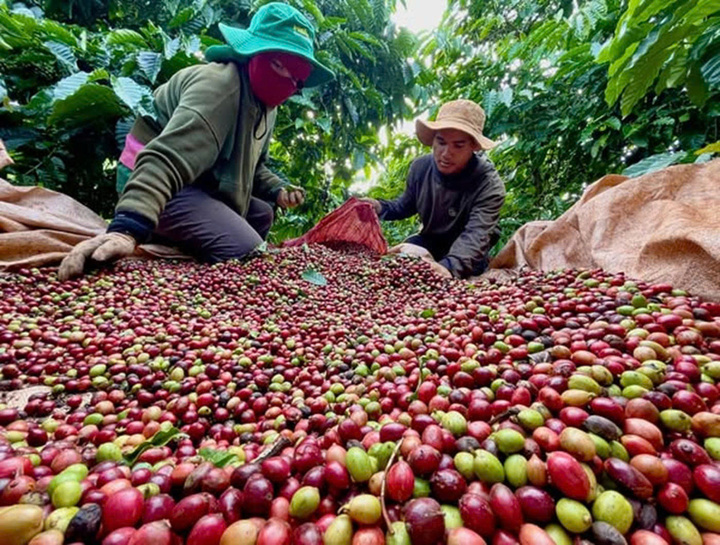
Vietnam has a wide range of products that meet global Halal standards.
This potential spans across various sectors, including food and beverages (approximately $85.2 billion), cosmetics ($10.5 billion), and pharmaceuticals ($5.9 billion). The Halal market in Malaysia alone, the most crucial gateway, is projected to reach a value of $113.2 billion.
Notably, the Vietnam Halal Certification Agency (HCA) has been recognized by the Islamic Development Department of Malaysia (JAKIM). This recognition serves as a key enabler for Vietnamese products to meet the required standards and easily penetrate the distribution system in Malaysia.
“Halal certification is not just a religious requirement but also a symbol of global standards for hygiene, ethics, and sustainability, demanding integrity and traceability throughout the supply chain. Vietnamese businesses can now list their certified Halal products on Malaysia’s first B2B Halal e-commerce platform, Salaam Market,” Ms. Rasheed emphasized.
Additionally, through our connection programs, we will introduce Vietnamese manufacturers to local partners to complete the Halal supply chain,” she added.
The Halal market is emerging as a massive opportunity, with a potential value of thousands of billions of dollars, attracting the attention of potential exporting countries such as Thailand, South Korea, Brazil, and Vietnam.
Ms. Ho Thi Quyen, Deputy Director of ITPC, highlighted that the Halal industry provides products and services that meet the standards of over 2.2 billion Muslims worldwide, presenting a significant opportunity for Vietnamese products to expand their export markets.
By 2025, the Halal industry is forecasted to continue its robust growth in Asian, Middle Eastern, and African markets. The Halal trends of 2025 will play a pivotal role in reshaping the global Halal business landscape.
Malaysia and Vietnam share a particularly advantageous position, with immense potential for collaboration in the Halal food sector. Vietnam has recognized the National Halal Certification Center (HALCERT) under the Ministry of Science and Technology, serving as a crucial Halal hub in the country with experts from various fields.
Vietnamese goods have significant room for export growth in the Malaysian market due to its strong purchasing power, diverse demands, and cultural proximity to Vietnamese products. In 2024, trade between Vietnam and Malaysia reached an impressive $14.2 billion.
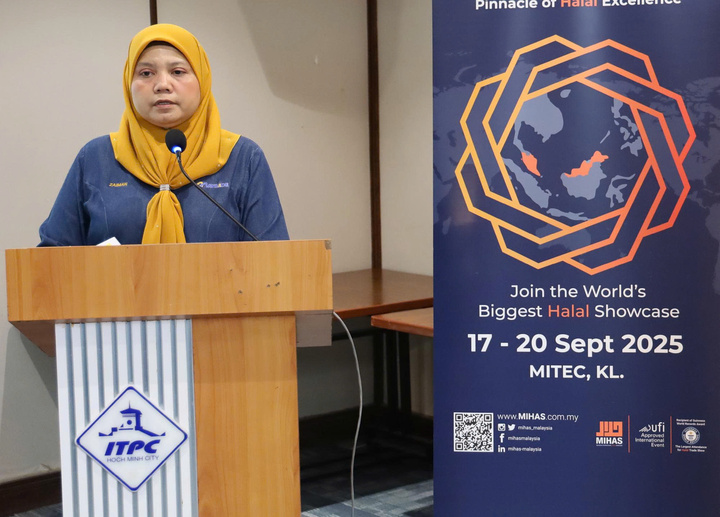
Ms. Zaimah Osman, Commercial Consul of Malaysia in Ho Chi Minh City, invites Vietnamese businesses to participate in trading products that are in high demand in the Malaysian market.
According to Dr. Phu Van Han, Vice Director of the Institute of Social Sciences of Southern Vietnam, Halal products and services are gaining popularity among global consumers, not just within the Muslim community of over 2.2 billion people. This is due to their commitment to quality, food safety, and associated ethical values.
To establish Vietnam as a trusted hub for production and export within the global Halal value chain, Dr. Han suggested that the country should focus on完善ing its legal framework to ensure transparency, unity, and alignment with international Halal standards.
He emphasized the importance of businesses maintaining transparent supply chains, ensuring food safety, and connecting with global distribution networks to enhance the country’s reputation. Additionally, he advised paying close attention to developing Halal human resources and technology transfer, especially in areas with advantages in agriculture, food, and tourism, to establish a sustainable and efficient Halal ecosystem.
Dr. Han identified key markets for Vietnam to focus on, including the Middle East, South Asia, and North Africa, with competitive product categories such as agricultural products, processed foods, cosmetics, and pharmaceuticals.
According to Vietnam Customs, in the first six months of 2025, the trade turnover between Vietnam and Malaysia was estimated at $7.7 billion, with exports from Vietnam to Malaysia reaching $2.5 billion. The main export products from Vietnam to Malaysia include machinery, equipment, and spare parts; computers, electronics, and components; iron and steel products; petroleum, chemicals, and more.
The US Imposes 20% Tariff on Vietnamese Exports: Textile and Seafood Industries Seek New Opportunities to Maintain Market Share
The recent announcement of a 20% tariff on Vietnamese goods entering the US market has left the textile and seafood industries concerned. This additional cost will undoubtedly impact businesses’ competitiveness and increase their financial burden. However, there is a silver lining; businesses can still thrive by optimizing their operations and expanding their reach into new markets. It is a challenging yet opportune time for companies to showcase their resilience and adaptability.


